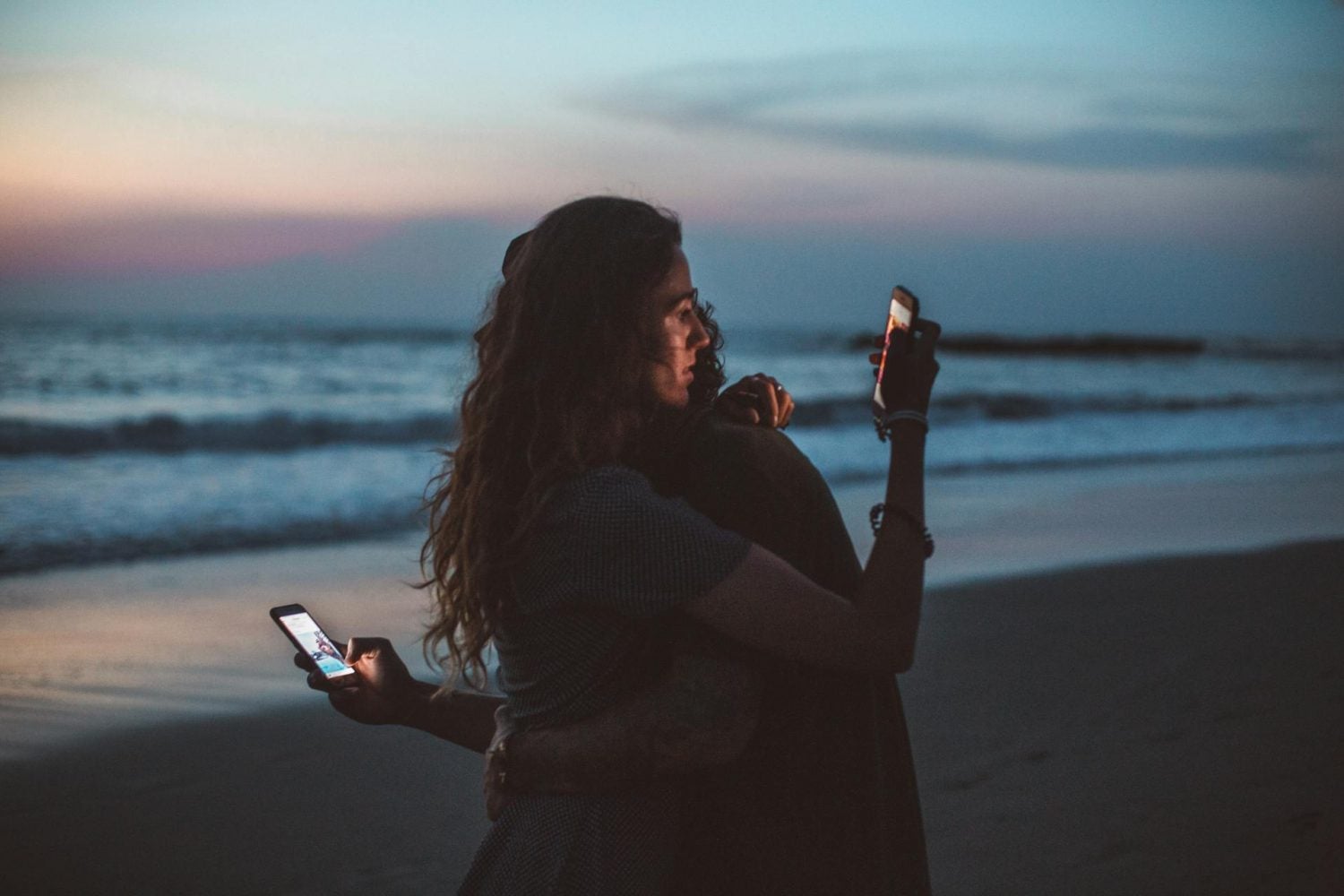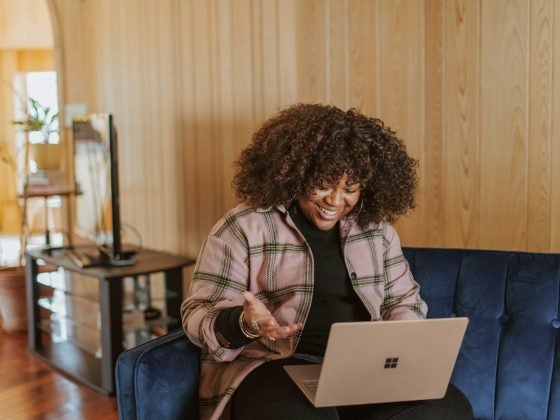In a post-COVID world, many people are still rebuilding human connections lost from lockdowns, and some don’t even know how to navigate these choppy waters.
Social media and screen time has placed an increasing wedge between person-to-person interaction, and the result has been devastating for mental health. Technology may keep us connected with people worldwide, but loneliness is at an all-time high.
Dr. H. David Burstein addresses the epidemic of loneliness, how to cope with and reboot losses of relationships, in Smart Phones Do Not Give Hugs (Talk+Tell, 202 pages).
Burstein delves into the depths of loneliness, examining its modern causes and potential remedies. Our inherent need for connection underscores the biological reality that we are social beings. Loneliness serves as an emotional indicator, signaling our need for personal or social interaction.
Burstein offers numerous solutions to help us better fulfill this fundamental human need. These solutions start with a deep introspection into our own emotions and our search for purpose and meaning.
Engaging, insightful, and thought-provoking, this guide is essential for anyone seeking a more fulfilling life. Timed for the second printing, Toronto-based Burstein answers our questions:
What was the impetus for writing the book?
As a divorced dentist with three teenaged children, I have been aware that depression is a terrible problem in their age group. I kept hearing statistics how people are lonelier than ever. We have three ways of dealing with loneliness: we can confront it, ignore it, or we can retreat from it with temporary or artificial solutions. I decided to challenge my loneliness, and in doing so, it helped me deal with it. I still have episodes but less so.
I was also aware of what social media and excessive screen time was doing to my kids.
There is a big problem here that nobody wants to talk about. I decided to put my ideas down as I think that loneliness is at epidemic levels, and has more serious long term societal consequences than Covid.
I’m a big fan of the Bible. God’s first negative observation, after taking 13 billion years to create the world, was “it’s not good for man to be alone.” So this idea concept of loneliness has been around with us for a long time.
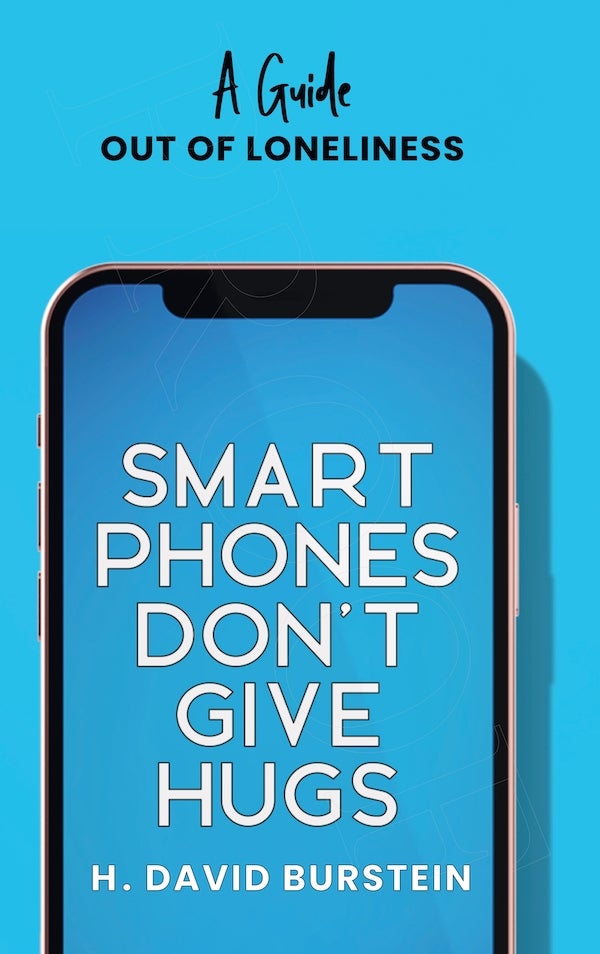
What was revelatory to you, in the process of writing the book?
The biggest revelation probably was the importance of the being a good listener, as a way of countering loneliness, and the importance of the one on one conversation.
Ultimately, the clincher when I was writing the book about this, was remembering the scene in the film Field of Dreams, when I see Kevin Costner’s character saying, “Hey, Dad, you want to have a catch?”
It’s a question of finding someone with whom you want to have catch. A symbiotic give and take.
In dealing with loneliness all you may need is one person. Ironically, that person can be ourselves.
Generally though, start small, by being fully present and have an undistracted conversation with one person. Conversely, find a group setting that focuses on a common interest. I see loneliness as a light on a social connection emotional fuel gauge. Much of what goes on is about social energy. It comes from basically six sources: ourselves, having an intimate partner, family, friends, community, and purpose.
Combat loneliness by finding meaning through positively creativity and service to others.
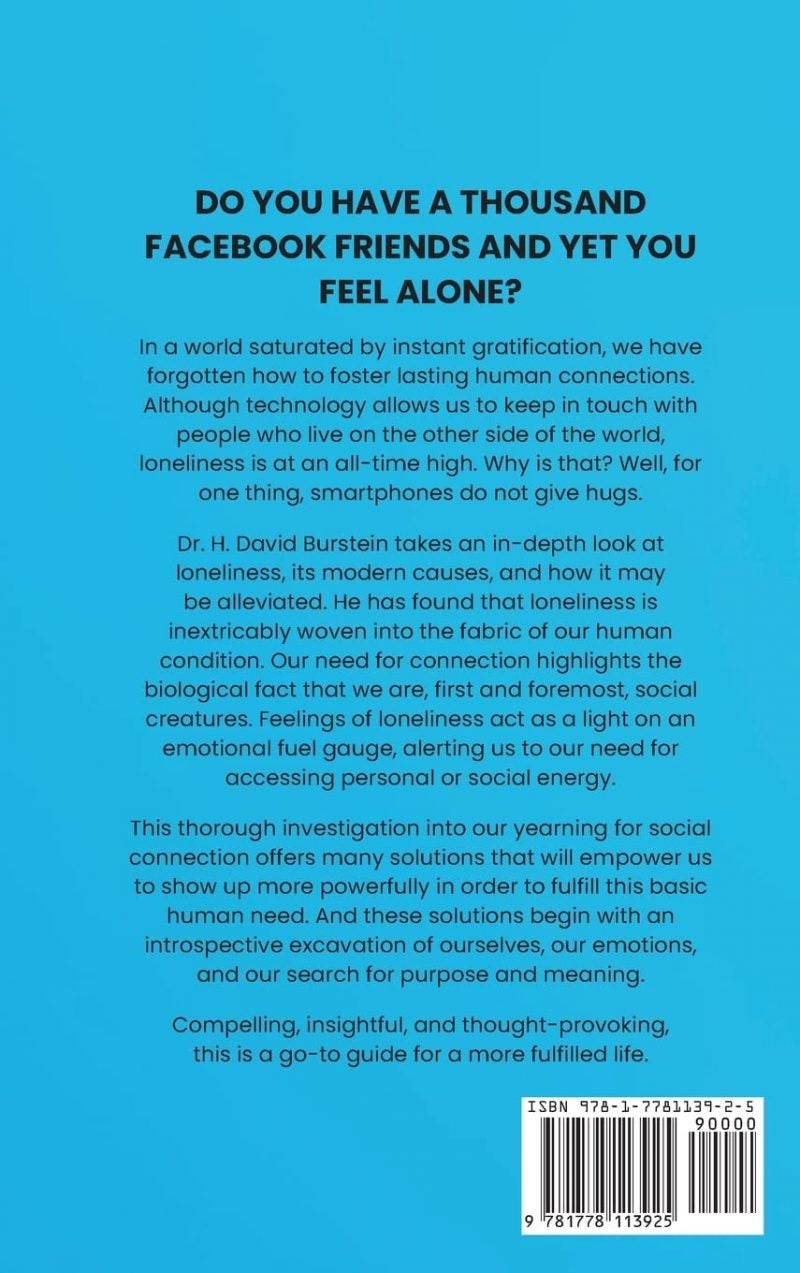
What are some quick ideas to avert loneliness?
Limit screen time, as television, computers and smartphones.
Improve all of our communication skills: reading, writing, speaking, and especially listening.
Learn to manage emotions. Observe them first and ask ourselves why.
Focus less on our own loneliness and more on bringing love into the world.
Surround yourself with people who want the best for you.
Be your own best friend and avoid negative self talk.
Live a balanced life and exercise a lot, both mentally and physically.
Appreciate the importance of nonverbal communications.
A lot of flashing images on screens results in low grade dopamine hits. Instead of being a pleasure reward for motivation, progress and for noticing change, dopamine stores get depleted. Once depleted it curtails the progression to higher level pleasure hormones needed for building relationships.
“Admire technical ingenuity but do not think it represents the highest possible form of human achievement,” I quote from Neil Postman.
Easier said than done?
We’re all going to feel lonely at one point in our life. We are not going to eliminate loneliness. It is an emotion that has a purpose. As John Cacioppo, the author of “Loneliness: Human Nature and the Need for Social Connection” basically compared loneliness, to feelings of hunger, thirst and pain, it is a feeling to tell us move, either physically or socially. When in proper amounts it helps in our survival.
Loneliness is there to tell you about a need for social connection. It is our choice as to how we choose to respond to it. As in hunger or thirst. Do we reach for doughnuts and pop, or water and a carrot.
In the book I say that the master bedroom, is a “sanctuary of rejuvenation” that can actually be the loneliest part of your life, if you’re with the wrong person. And so we want somebody who really gets us, really knows our soul, really knows how to be supportive of us.
Being alone and being lonely are different. Being alone can be a time for self-reflection, creativity and recharging.
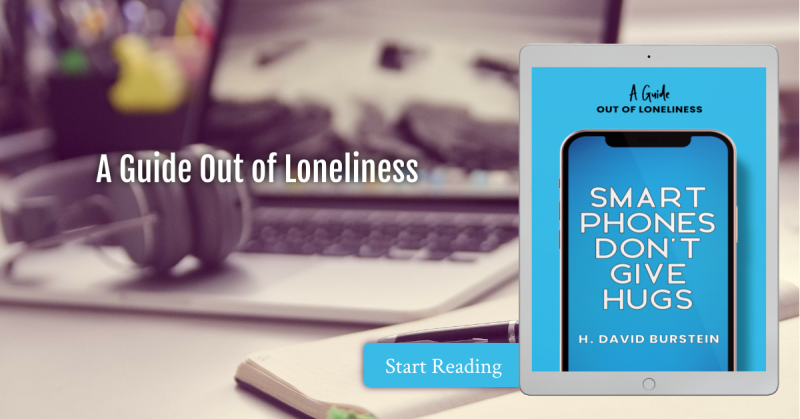
What are people most challenged by, in terms of building relationships?
Being vulnerable with one another. People are afraid of being hurt.
The way you can develop a connection is to let the other person speak, and really listen to what they’re saying. Be quiet, shut up, and be present. It’s the sanctity of building the one on one conversation.
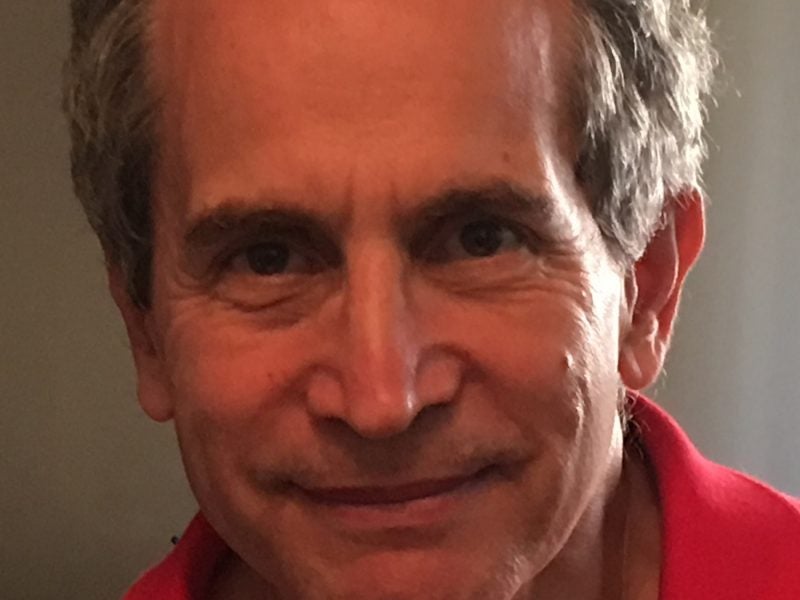
Do you think people need to “unplug” for a while, and have a digital detox?
I think there’s going to come a point that people are gonna say, “hey, you know what? I gotta shut off all technology one day a week.” And that really comes back to having a day of rest, like a Sabbath. It’ll be good for your mental health, away from the distractions and pressures.




